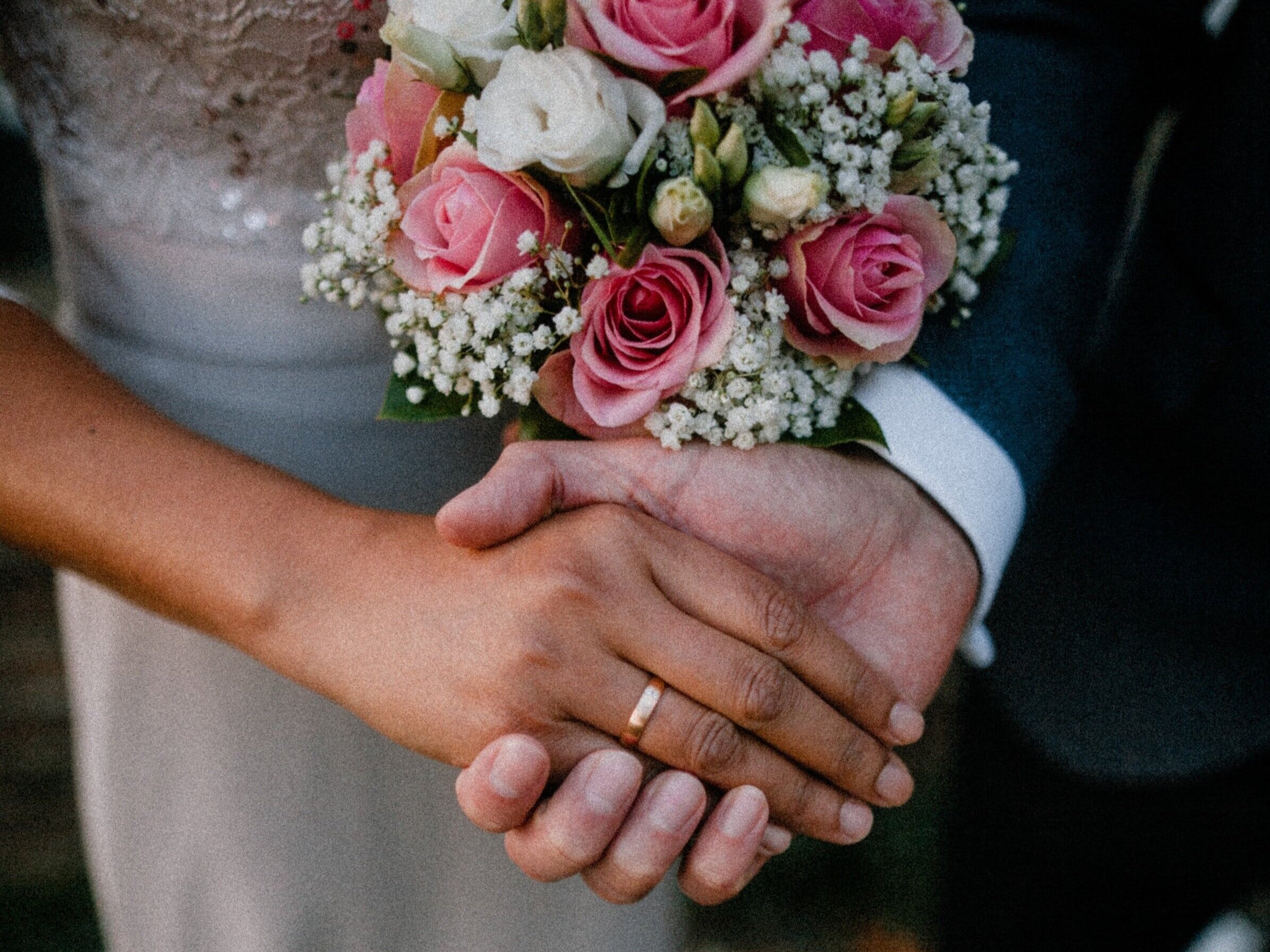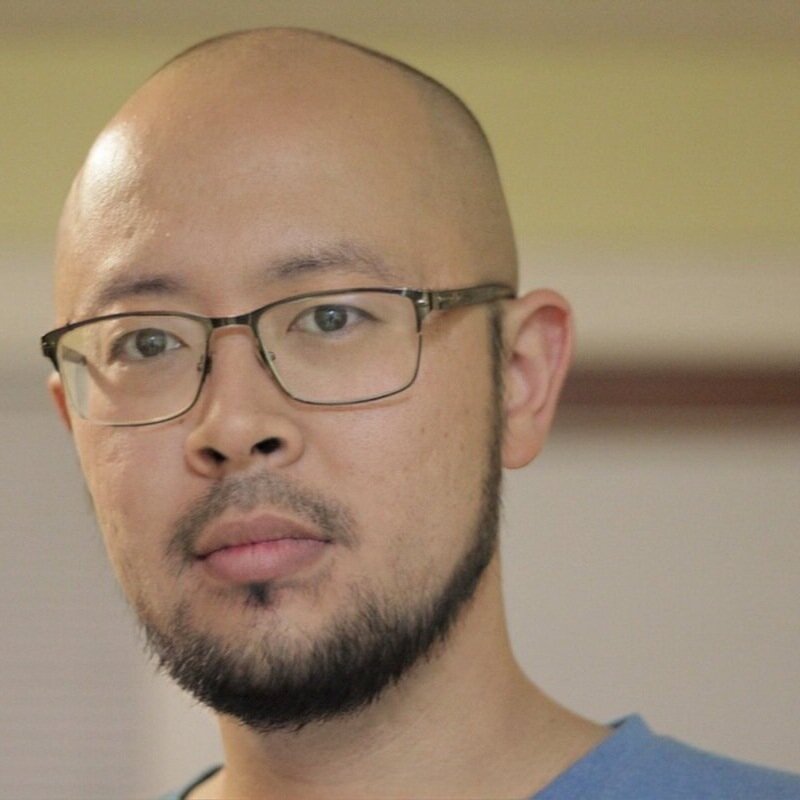I’m a Korean Man Married to a Black Woman. My Community Hasn’t Always Had Our Backs.
How I’m striving to affirm black lives matter by learning to be a good ally to my wife.
David Lee
Several months ago, a longtime neighbor approached me and began to berate me for being married to a Black woman. She is an immigrant herself and, before that interaction, I would never have guessed that she was against such a union.
She proceeded to lecture me on how my marriage is bringing problems into the community and threatened to call the police on us if she ever suspected any criminal activities. My wife and I proceeded to tell our neighbor that if she approached us that way again, we ourselves would call the police on her for harassment. We have not been approached by our neighbor in this manner again.
My wife and I were both very upset by the interaction. But I was also confused because I wondered how another person of color could have anti-Black views, especially concerning our interracial marriage between a Korean man and a Black woman.
Recently, The New York Times explored how ongoing racial justice conversations have affected interracial marriages and how advocating against white supremacy plays out in a marriage. But the piece only focused on Black and white couples. As a Korean American man married to an African American woman, how does our marriage fit into this conversation? What is my role in advancing justice for African Americans?
Race has always been part of the conversation between my wife and me. In the beginning of our relationship, these conversations were lighthearted. We quizzed each other on our respective culture’s food, movies, music, and fashion.
But when some family members initially opposed our relationship, I learned that the dynamics of our interracial relationship needed to go deeper. Though there are other interracial marriages in my family, I have had to dismantle some negative stereotypes about African Americans that some relatives still held. Over time, as I continued to bring my now-wife around, most of them eventually embraced our union.
As an Asian American, I have some sense of being discriminated against in a predominantly white society. As a child, when people didn’t remember my name, they called me “Yao Ming,” “Chinaman,” and “Buddha.” At times, I had to prove I spoke English fluently.
But Asian Americans also have a history of discriminating against African Americans. Many of my Black friends and colleagues, including my wife and mother-in-law, have been racially profiled in Asian-owned businesses in African American communities. Some of my Asian friends express irrational fears when approached by Black groups. I myself am guilty of this.
When my wife shares about the discrimination she faces, my active listening strengthens our relationship and improves my allyship. I first learned this skill during high school, where my classmates were from many different socioeconomic and ethnic backgrounds.
During freshman year, before class one morning, school security officers searched our lockers because they suspected gang activity. I initially felt the searches were justified and that the school had our best interests in mind. Not all my friends agreed. Many explained that they felt that the search had violated their privacy and that the security had racially profiled them. I began to learn that my Black and brown friends related to law enforcement differently than myself.
My friends also imparted on me the importance of listening, a skill I applied when I began to date my wife. From the beginning of our dating relationship, conversations about current issues related to race were a huge part of our getting to know one another. This year, when the killings of Ahmaud Arbery, Breanna Taylor, and George Floyd made national news, the stories began to remind my wife of the various times she had been racially profiled and harassed. For example, she was once detained after work just because she apparently fit a description. These stories have left me indignant.
As an ally to the African American community, I need to continue to educate myself on Black issues in America. Though my K-12 education was in predominant minority contexts, I have had a lot of unlearning to do about social justice. When I was in seminary, I learned that my faith applied not only to personal piety but also to advocacy in areas such as mass incarceration, racial profiling by law enforcement, and redlining.
No matter how much education I have about social justice issues and being an antiracist, I need to persist in proactively listening to the experiences of my Black friends and colleagues without interjecting my own opinions. And I must continually engage with other non-Black people of color about the persistence of anti-Blackness in our communities.
As I work to be a good ally to my wife, she has also supported me in my journey. Early in our dating relationship, I shared about my journey as a Korean immigrant and a formerly undocumented person. She has made great efforts to try to understand Korean culture, beginning with Korean food. (Kimchee is now one of her favorite dishes!) And she has also challenged her own community. When my wife and I served together in a Thanksgiving outreach at her church, she corrected her Black colleague when I was called “that Japanese guy.”
As my wife and I share our experiences and find commonality in them, I believe we will continue to have each other’s backs as we share life together.
Photo by Adika Suhari on Unsplash
David Lee has been involved in various urban ministries over the past five years. Some of his hobbies include trying new recipes and playing basketball. He lives in Chicago.
Help us continue the work of empowering voices. Give today.


